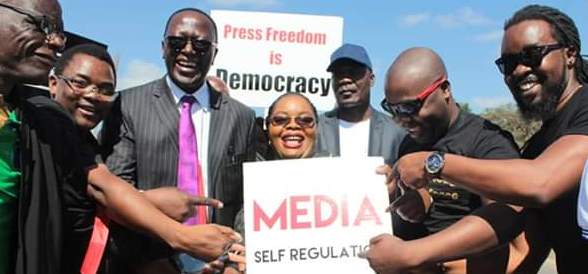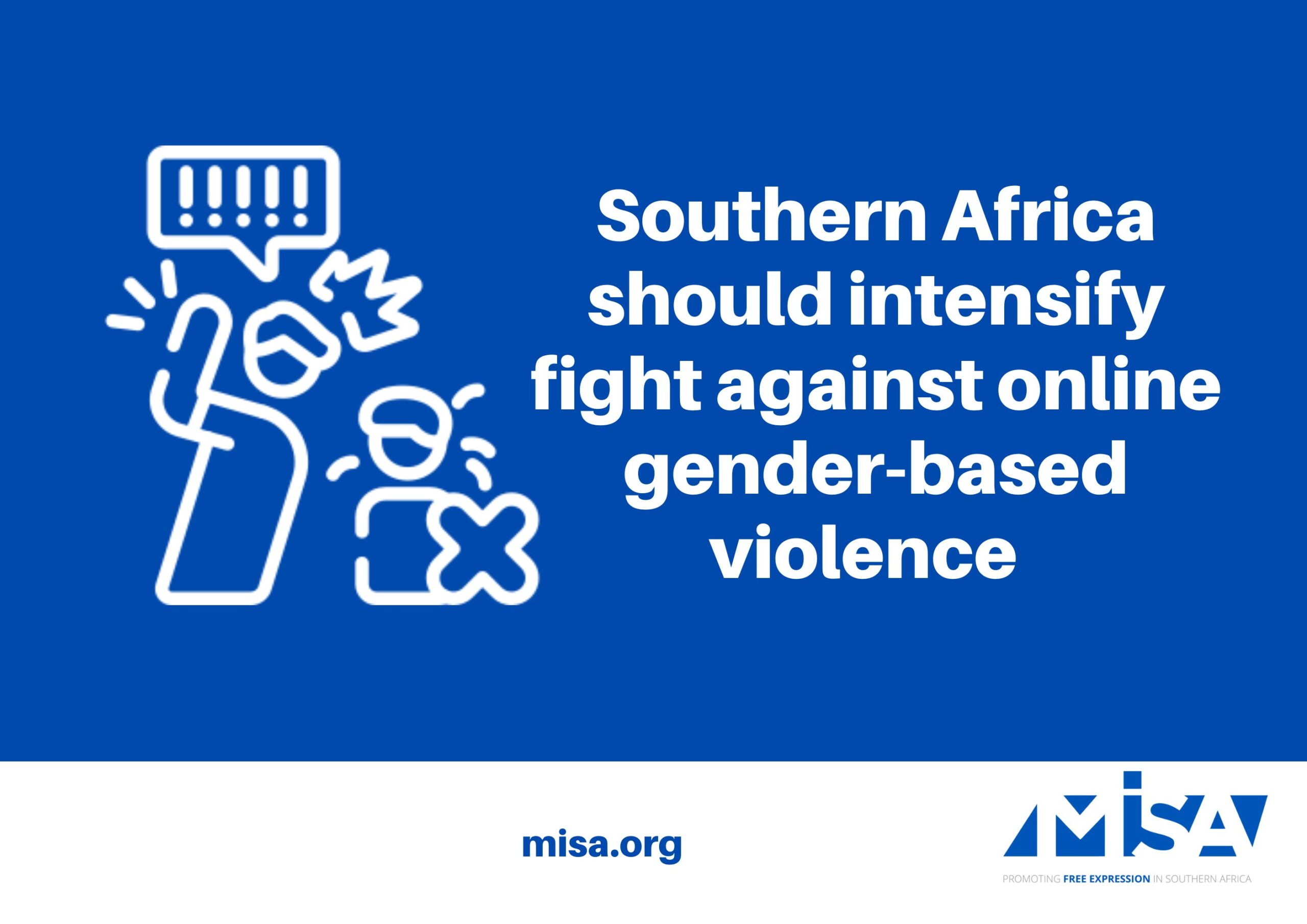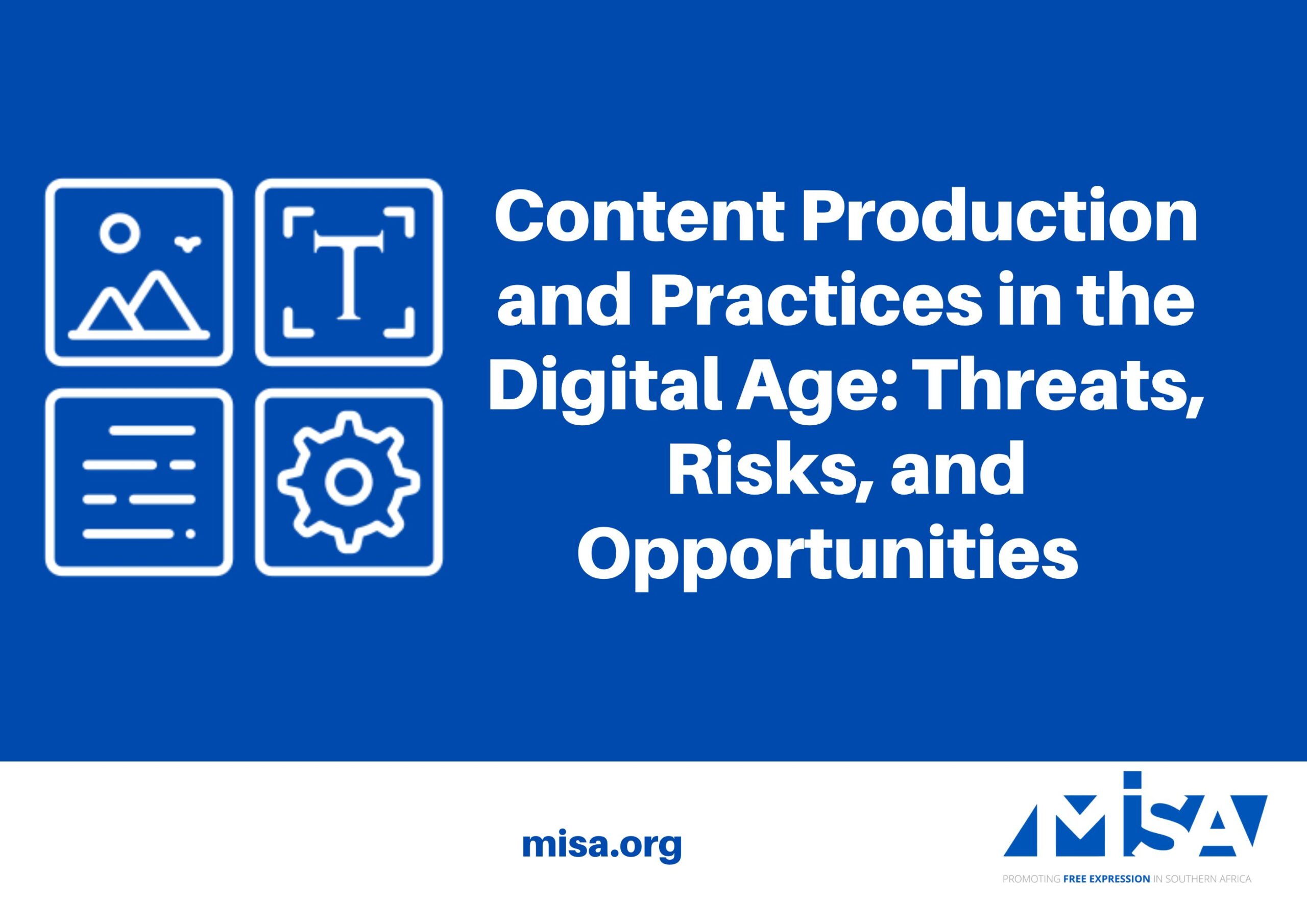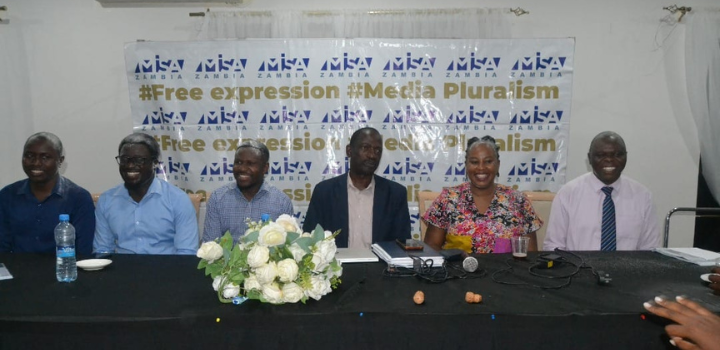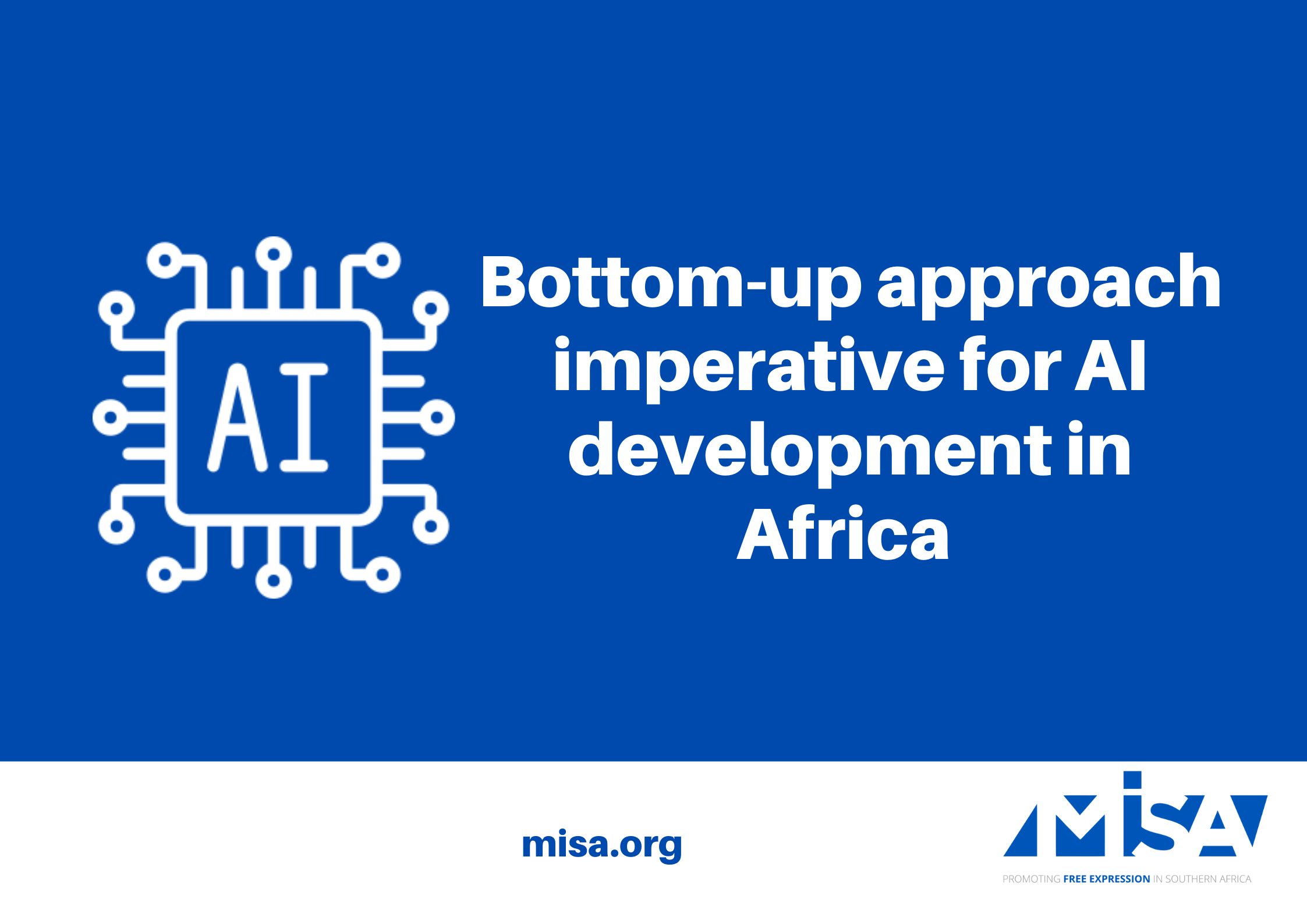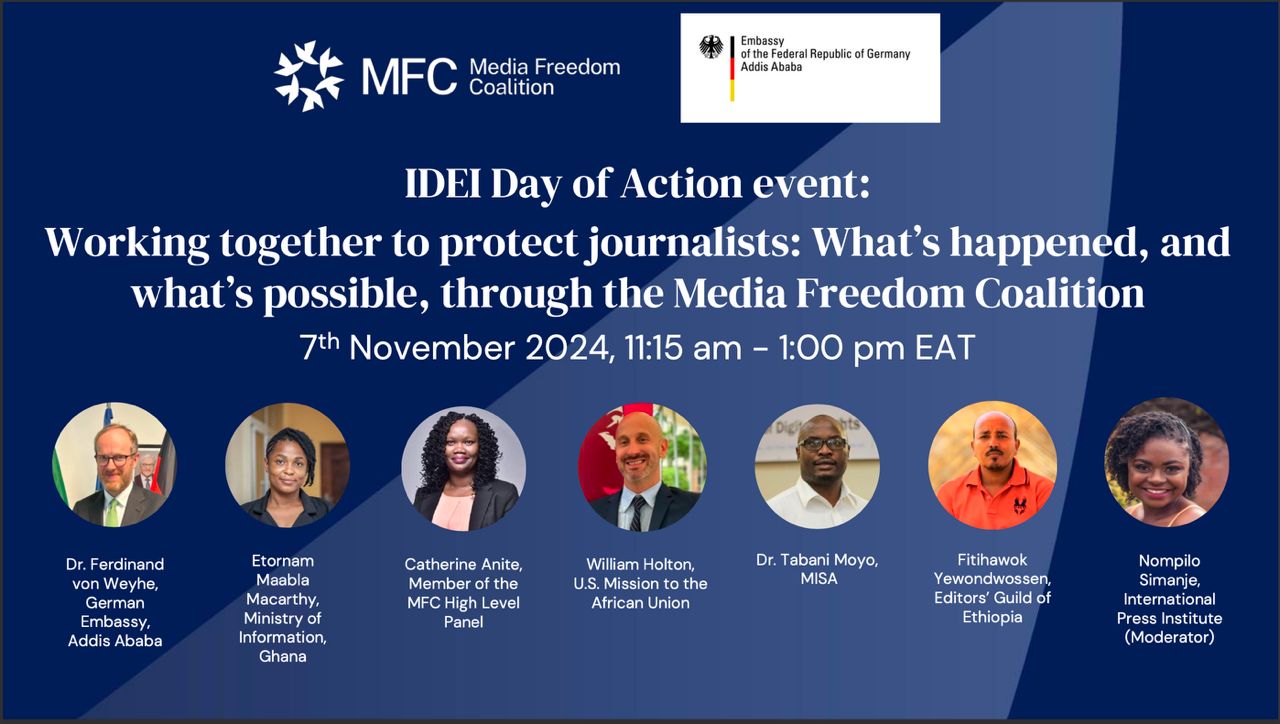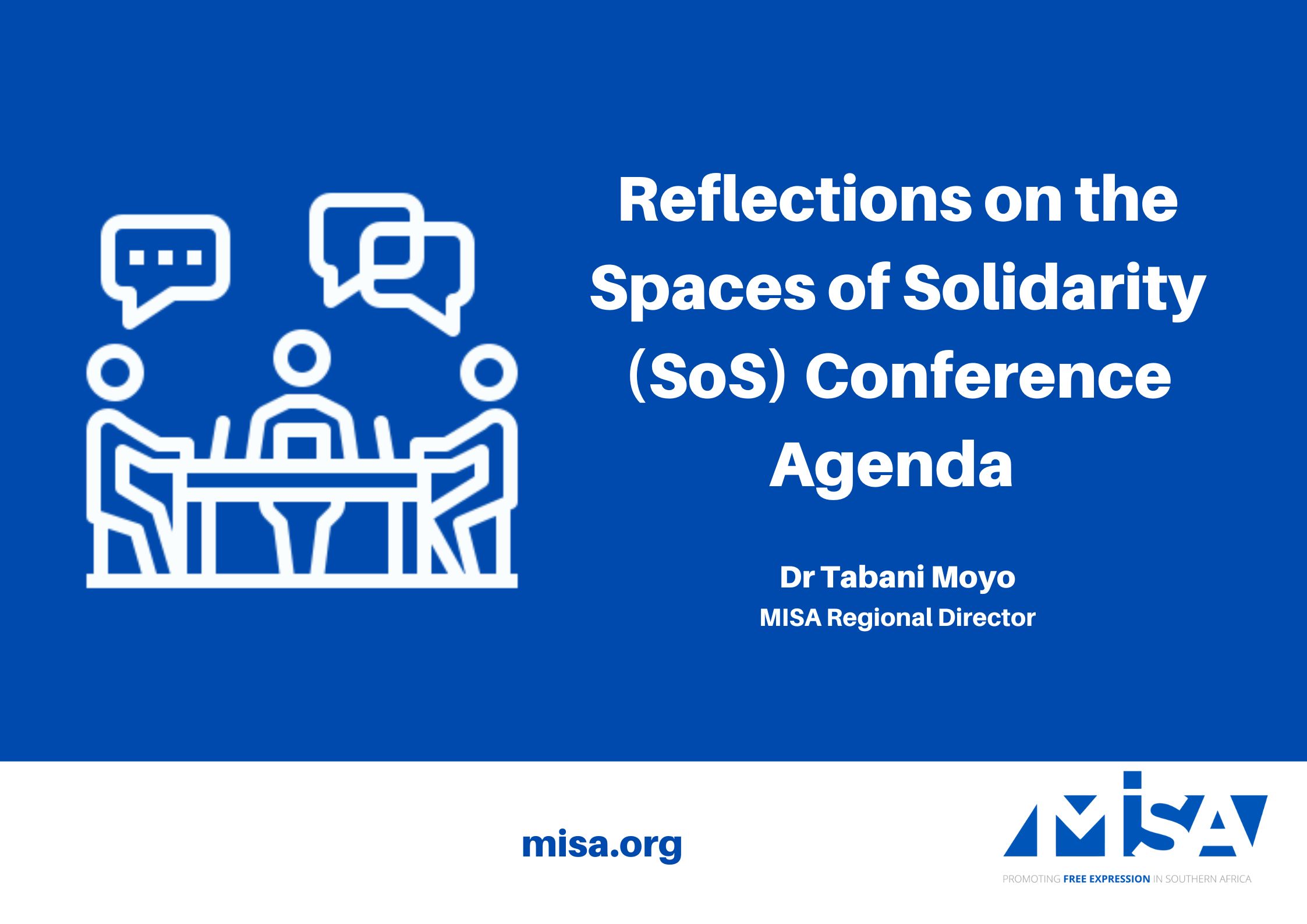Media Self Regulation in Zambia
Brief background;
- In February 2019, Government through the Ministry of Information and Broadcasting Services (MIBS) issued a 3 months ultimatum for the media fraternity to come up with a media regulatory framework for Zambia, failure to which the Government through MIBS would impose a statutory framework.
- In response to the ultimatum, the media fraternity led by MISA Zambia and Media Liaison Committee (MLC) instituted a Technical Working Group (TWG) to conduct consultations with media stakeholders, local and international on the best regulatory framework that would promote and protect media freedoms and freedom of expression.
- After several consultations TWG organised the first media regulation Insaka (Conference) on 9th and 10th May 2019 (with about 250 participants) where various forms of regulation were presented and the Insaka agreed to have a self – regulation framework by an act of parliament – a bill which was to be drafted by the media itself and submit to MIBS to facilitate its enactment.
- On 29th November 2019, a second Insaka was held to review and validate the drafted media self-regulation bill named ‘ZAMEC Bill’ which was debated and later adopted by the media fraternity present (about 250 delegates across the country).
- The draft bill was submitted to MIBS to facilitate the normal processes of enacting a law.
Key to note on media regulation;
- Firstly, it is important to note that in a democratic country, freedom of speech and freedom of the media are fundamental. Any media regulation must defend this principle.
- Secondly, any form of media regulation should be based on self-regulation as government regulation can be misused and abused. The focus of self-regulation is on content and the editorial output as this is the product that the public consumes. This means, the media houses and outlets are responsible for what is collectively produced and goes out for public consumption.
- Media self – regulation means offering peer to peer checks and balances. It is NOT punitive in nature but a name and shame form of regulation that promotes public apologies, retracting of statements etc as a corrective measure on the part of a erring media house or outlet.
- In media self – regulation, there is NO mandatory licensing of individual media practitioners. Practitioners should feel that it is a badge of honour to be registered as a member of the self-regulating body, but it is not mandatory.
What the draft ZAMEC Bill entails;
- The draft bill is meant to establish and recognize ZAMEC as the only media self – regulation body is Zambia. Therefore, the bill has provisional clauses to establish the body, the structure and functions of ZAMEC and it leaves much of the details to the constitution and code of ethics – documents that will guide the operations of the body.
- The Bill will only be amended on recommendation by ZAMEC and its members. This is to protect the institution from manipulation by amending the bill without consultation.
- The constitution and code of ethics will be amended by the ZAMEC members during the Annual General Meetings (AGM).
- Membership: – All media houses and outlets shall be required to register with ZAMEC as this is where the public gets the output which is consumed. On a purely voluntary basis, individual practitioners may register with ZAMEC but this is not mandatory. Practitioners should see ZAMEC accreditation as a mark of professionalism and do so voluntarily.
- ZAMEC shall NOT issue any practicing licenses to media practitioners. All practitioners will continue to conduct their work freely with no restrictions or whatsoever.
- Corrective measures: – the draft bill does not prescribe any punitive or monetary payments as penalties for an erring media institution. Only non-punitive and non-monetary penalties such as public apologies, retracting of statements and others will be applied by ZAMEC.
- All offences committed outside ZAMEC umbrella or offences committed by individual persons who are not members of ZAMEC shall be handled by the criminal justice systems using other related pieces of legislation such as the penal code.
What is NOT expected of ZAMEC;
- Licensing; There will be no mandatory licensing of any kind for individual media practitioners. It’s against international best practices and is open to abuse. To enforce a mandatory registration of individual practitioners could infringe on people’s freedom of expression and media freedoms. Accreditation of individual practitioners will be purely at a voluntary level.
- Punitive penalties; There will be no excessive punitive penalties such as imprisonment, fines or revocation of broadcasting license for a media house or outlet that has erred on editorial output. This is beyond the scope and intention of media self-regulation and serious offences (potentially criminal) will be judged by a court of law as is the case now.
- Political influence; ZAMEC shall be independently run by the members themselves. The ZAMEC Bill, Constitution and other operating documents ensures that there is no political inclination or influence from individuals or any ministry including MIBS.
Way forward;
- MIBS submitted the draft ZAMEC Bill to Ministry of Justice for review and refinement as what was submitted is considered a laymen’s copy.
- Once the refinement process is done, it will be taken to parliament where a committee will be instituted to conduct consultations with stakeholders. Invited media stakeholders will be asked to make submissions of which the committee will use to make recommendations on the bill.
MIBS as the leading or mother ministry to the process of enacting ZAMEC Act, are not expected to change the content or implications of any proposed clause in the draft bill. Where the MIBS sees need to alter, this should be in consultation with and upon recommendation by TWG.
The full draft bill: https://crm.misa.org/upload/web/draft-zamec-bill-2019.pdf




